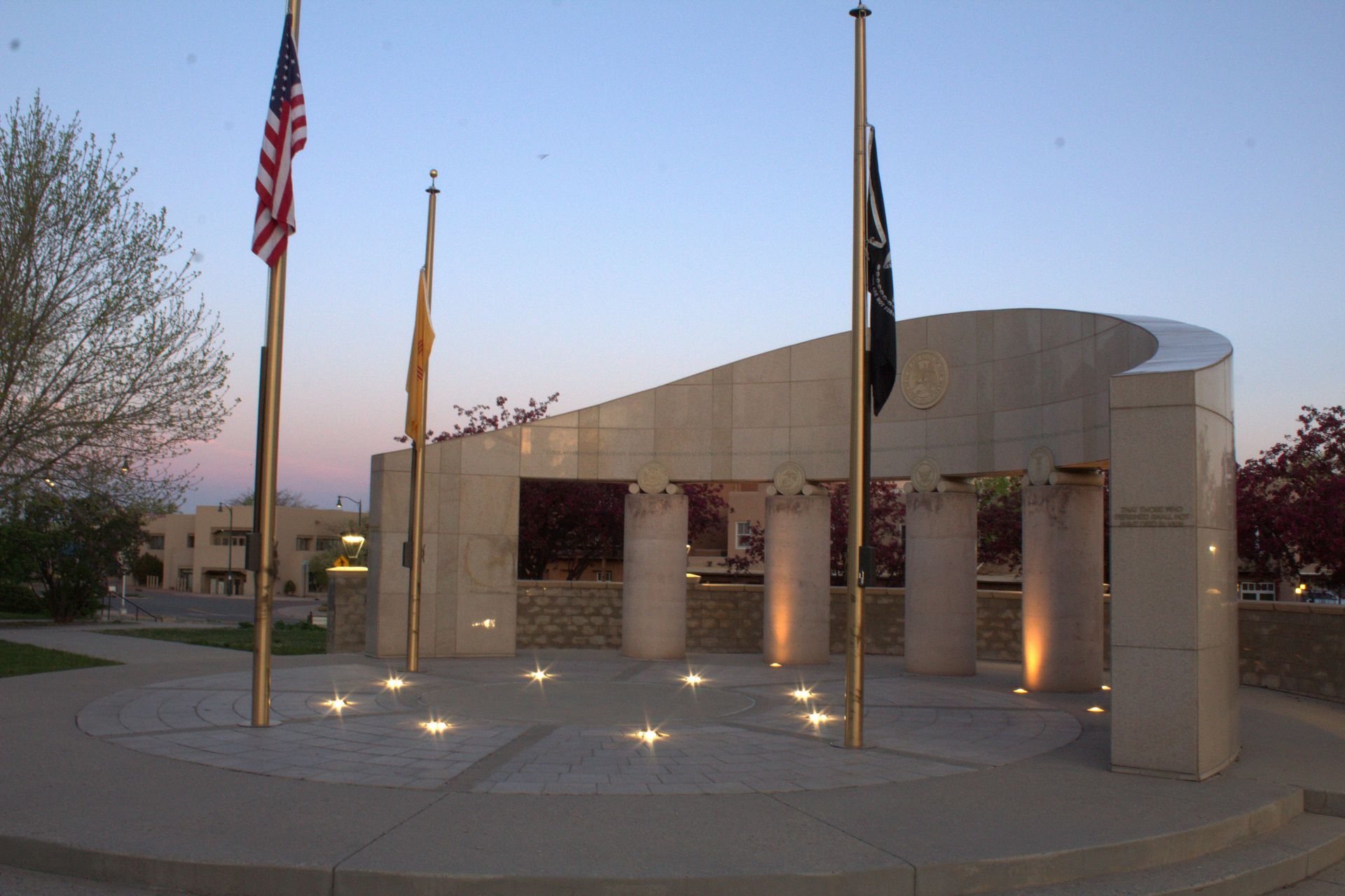Mission Driven Individuals
Most of us believe that we have a purpose or mission in life.In optimal conditions our mission will to do more good than harm. If we are privileged enough to create and pursue a personal mission statement, we should routinely reflect on how well we are working towards that goal of being mission-driven. A personal mission statement is often aspirational with images of how we want the world to be, but it should also be an achievable guidepost along our journey. The Wade Alliance partners with individuals that prioritize their stated mission or want help in changing towards a positive direction. Here are six attributes that characterize a mission-driven individual.

1. Can state your mission
When someone asks, “What do you do?” can you pivot and tell them your mission?
My mission statement is simple and covers what I value: “I help people who want to change”. Finding your purpose or mission requires reflection and insight. The author Stephen Covey writes prolifically about purpose and influence. Other writers like Andy Andrews https://andyandrews.com/personal-mission-statement/ offer tools easily found to create a personal mission statement. Create one and try it out the next time someone asks you what you do to see if it feels right. If your statement doesn’t sound authentic to you, it won’t sound believable to other people. Your mission statements should be active and forward thinking. An authentic mission statement is the best place to begin the journey to being mission-driven.
2. Networks for good
Networking is building relationships. When our purpose is top of mind, we organically form relationships that advance our mission-driven purpose. When we network to build social capital and hope for reciprocity our mission is secondary to capitalism. If your authentic mission is to gain as much capital as possible you can stop reading here. This is not applicable. Money is a tool, so a mission to gain as much money as possible is equivalent to having the goal of collecting as many hammers as possible. The mission should be what you want to accomplish with the tool, not accumulating the tool. Networking for good is building alliances and collaborating with others instead of forming transactional relationships. Mission-driven individuals seek networks and people with similar missions.
3. Avoids toxic work
The ability to avoid work or change the work environment is a privilege. Only a small minority of people can reject work because bills and responsibilities don’t care about your mission. Being mission-driven starts with recognizing when work and environments drain you of your energy to pursue your mission and poison your purpose. Change is inevitable and controlling change requires awareness. For example, once we recognize that smoking is harmful then we have the motivation to stop the habit. Once we see that our work is harming the people that we want to help then we have the motivation to do something. Restrictions may prevent us from leaving or changing immediately but we can all take steps in the direction we want to travel.
4. Is a Lifetime learner
At every stage of our life, our priorities and therefor our purpose changes. In any profession we are at a beginner stage at some point and strive to learn more and be more proficient. Being able to claim years of experience is a worthy goal, claiming that your methods and information has not changed since the beginning is obtuse. [Shawshank Redemption reference] A mission-driven individual seeks knowledge, is curious and acknowledges gaps. Being a lifetime learner is also a sign of humility which softens the blow when obstacles appear to hinder your mission.
5. Seeks feedback
The best way to know when you are on the right path is through feedback. Our GPS shows a map of our location and the streets that we should see. A hot handle causes pain the moment we touch it. A smile or laugh tells us that we said something right. Very near to being a lifetime learner is seeking feedback. If my mission is to help people change, they have to let me know if I’ve helped them to change. If your mission is to support family members education, you need to see if they are succeeding in their education. Our personal mission may not have an end goal but feedback tells us if we are moving in the right direction.
6. Financially supports other missions
“Put your money where your mouth is.” If something is important, it shows. Maya Angelou’s quote of believing people when they show you who they are applies to being mission-driven. Mission-driven individuals give money and time to other mission-driven organizations. While this is oversimplification, Booker T. Washington said it first, "If you want to lift yourself up, lift up someone else." How we spend what we treasure reflects what we value therefore if we value being mission-driven our actions will reflect that.
Most people do not have the privilege to pursue their mission full-time and use their free time and weekends to do the work that gives them purpose and meaning. The upcoming generations are better at embracing the separation of our identity from our job but we all feel the pressure of being identified by our title. We can still earn a paycheck and have a mission. We can still have a title and work towards a greater good. The best scenario is when our mission aligns with what we do to earn a paycheck and we can devote the majority of our time to advancing our mission. To evaluate our path to becoming more mission-driven these characteristics can be one way to start.
Comments











